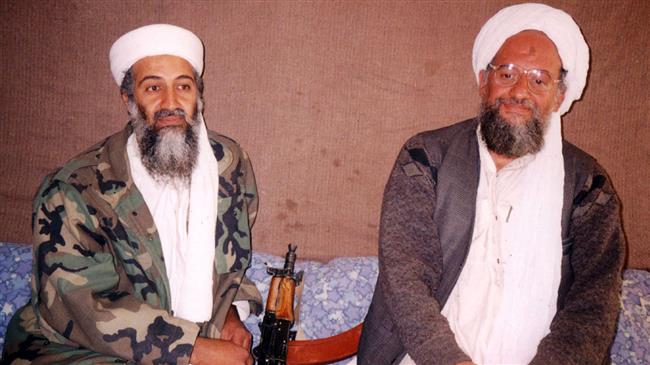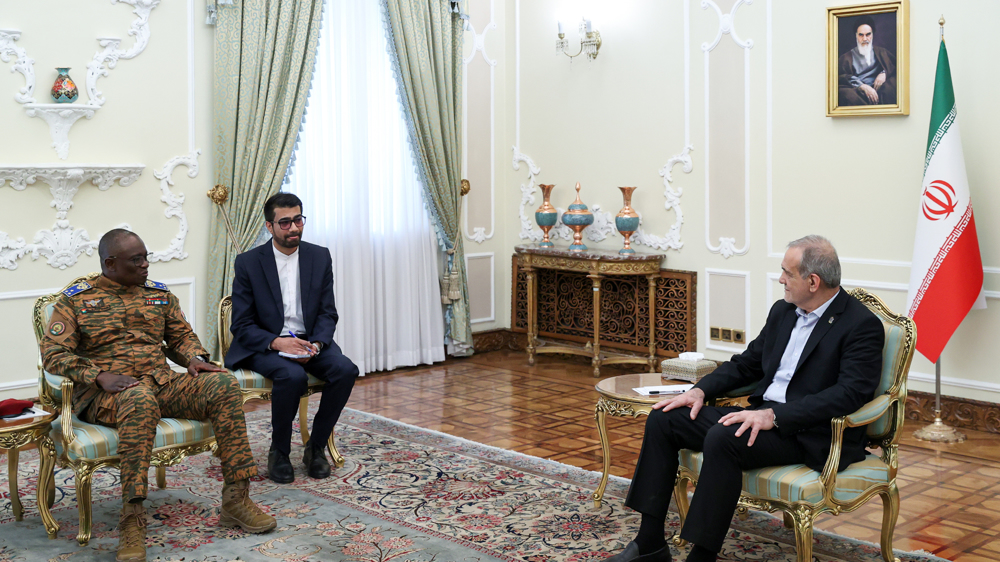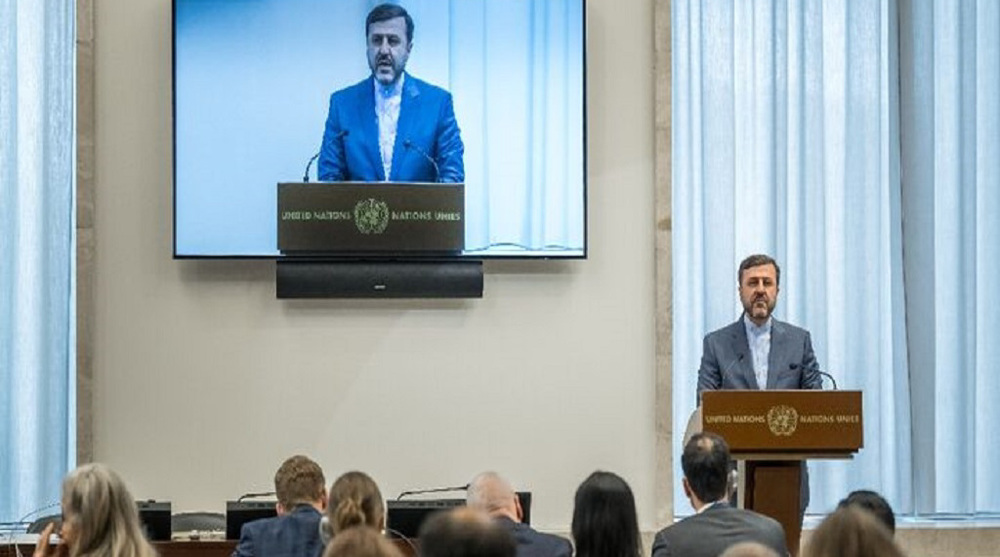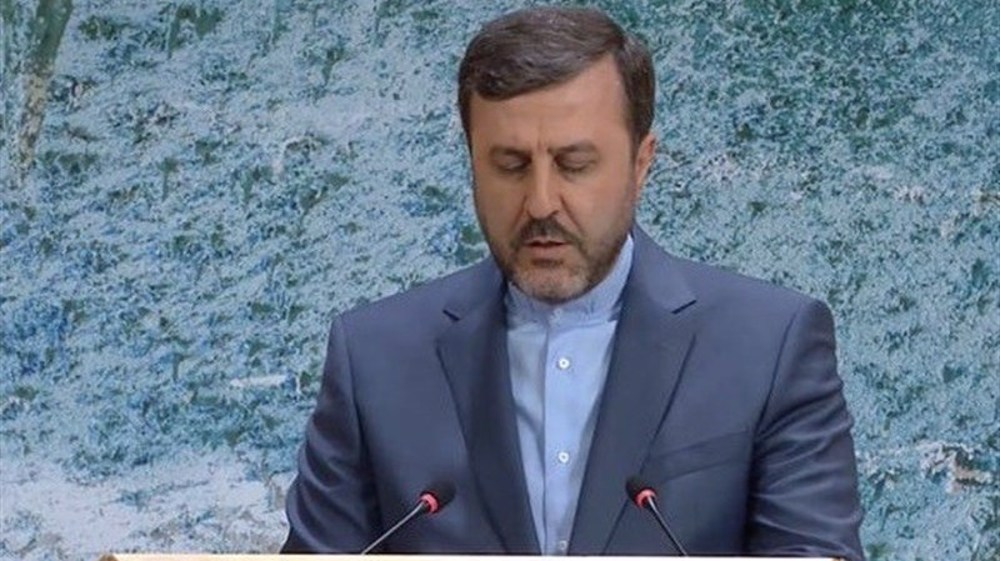Al-Qaeda and Iran: The bond that does not exist
(Nelly Lahoud is Senior International Security Program Fellow at New America. She is writing a book about the declassified Abbottabad papers)
As the U.S. government continues to escalate its policy towards Iran, it would be sensible to eliminate al-Qaeda’s historical ties to Iran from its list of grievances. President Trump cited these ties when, in May 2018, he announced the U.S. withdrawal from the Iran nuclear deal (the Joint Comprehensive Plan of Action or JCPOA). For years, Iran detained al-Qaeda militants and their families who fled Afghanistan following the fall of the Taliban regime in 2001, causing some U.S. officials to question whether Iran then enabled the detainees to carry out terrorism. Although mindful of the ideological differences between Iran and al-Qaeda, former DNI James Clapper still characterized the relationship as a “marriage of convenience.”
Thanks to the declassified documents recovered in May 2011 during the U.S. Special Forces’ raid on Osama bin Laden’s compound in Abbottabad, Pakistan, scholars (with Arabic fluency) can now provide a clear assessment of the nature of al-Qaeda’s ties to Iran. The Abbottabad documents, described as “intelligence jackpot,” were al-Qaeda’s secrets. As fortune would have it, bin Laden did not destroy the electronic files on his computers, as one of his associates in Waziristan had instructed him to do a month before the raid.
In a study based on nearly 300 declassified documents published by New America in 2018, I concluded that al-Qaeda’s views of Iran were consistently hostile. The documents provided no evidence of collaboration between al-Qaeda and Iran to carry out terrorism.
Having now examined all of the declassified internal correspondence, which amounted to nearly 6,000 pages, I identified additional letters that expand on the nature of the relationship between al-Qaeda and Iran. The most illuminating are letters penned by those freed from Iran after years of detention.
One such letter is by bin Laden’s son, Hamza, who was detained in Iran with his mother and six of his half siblings. Since 2015, Hamza has emerged as a voice of global jihad, vowing to follow his father’s path. His letter, dated December 5, 2010, described the conditions in Iranian detention centers and included a message from al-Qaeda detainees to his father. According to the letter, a meeting of senior al-Qaeda detainees took place in prison in August 2010, nine days before Hamza was freed. Among those present at the meeting were “Sheikh Muhammad Shawqi al-Islambuli, Sheikh Ahmad Hasan Abu al-Khair, Sheikh Abu Muhammad al-Misri al-Zayyat, Sheikh Sayf al-‘Adl, Sheikh Sulayman Bou Ghaith and Sheikh Abu Hafs al-Mauritani.”
The names are recognizable to those who study the history of al-Qaeda. They include the heads of the group’s military committee (al-‘Adl) and legal committee (al-Mauritani), the lead of the 1998 East Africa bombings (al-Misri), and one of its spokesmen (Bou Ghaith). It has been reported that Iran enabled some of them to mount terrorist operations.
Hamza’s letter reveals that, far from being operational in Iran, the detained “sheikhs” were in despair. During the August meeting, they considered staging another “bloody Sunday,” similar to a protest they had mounted a couple of years earlier. According to the letter, after more than five years of imprisonment “without being charged with anything,” al-Qaeda detainees staged a protest that turned violent. In addition to numerous sit-ins, they burned public properties in prison. Bin Laden had known about “bloody Sunday” from his son Sa‘d, who, with the help of his brothers Hamza and Ladin, had escaped from Iranian prison in June 2008. He made it to Waziristan, before he was killed by a drone strike in 2009.
Hamza and Sa‘d’s letters relate that on that Sunday Iranian authorities unleashed some 50 security forces, armed with canes and tear gas, to quell the protest. Sulaiman Bou Ghaith, who married bin Laden’s daughter Fatima (because conjugal visits were allowed), took a piece of iron and started fighting “like someone who does not fear death.” But Iranian forces overpowered him and he received blows to the head until he lost consciousness. Fatima, who was protesting separately with other women, witnessed the fighting and rushed to the aid of her fallen husband. When the Iranian female squad could not stop her, the male squad intervened and hit Fatima with a cane across her shoulders.
“The brothers in prison repeatedly asked,” Hamza wrote to his father, “why have our brothers not done anything to free us??” One of the sheikhs told Hamza, “tell the brothers that we are angry with them because they forgot about us.” The message of al-Qaeda’s sheikhs to bin Laden, through Hamza, included the following:
From your brothers in the oppressive Iranian intelligence prison to our brothers in Khurasan … for years we have been waiting for God to free us, through you, the soldiers of God, the guardians of the creed. Based on our seven and a half years of experience with those people, we propose the following: Those people, “the Iranians”, do not respond except through force. God knows that we shall not be freed unless the jihadis resort to force. What we want you to do is to kidnap Iranian officials, then negotiate with their government without publicizing it.
Other Abbottabad letters exchanged between bin Laden and his associates in Waziristan make it clear that they believed that Iran was using the detainees “as a bargaining chip,” and al-Qaeda had decided not to attack Iran for fear that Iran would hurt the detainees.
Hamza also remarked in his letter that he believed that the Iranian government was spreading “rumors that the brothers in Iran are content with their situation there, or that they do not desire to leave Iran, or that they are concerned about the [dangerous] situation in Waziristan.” He assured his father “that these rumors have nothing to do with the [harsh] reality inside the prison.” One of the “brothers” asked him to tell his father that “if Waziristan is dangerous and under excessive bombing, we [prefer] to go there to achieve martyrdom; as for this life, it is a life of servility, only God knows its bitter taste.”
If Iran had indeed spread these rumors, perhaps to sow divisions among al-Qaeda’s ranks, the United States should nevertheless stick to evidence-based grievances in its policy towards Iran. The Abbottabad papers make it clear that Al-Qaeda did not consummate the so-called “marriage of convenience,” if ever there was one.
(The views expressed in this article do not necessarily reflect those of Press TV)
VIDEO | IRGC showcases advanced weaponry in drills along Persian Gulf coasts
Israel warns Lebanon of severe strikes if Hezbollah joins any US-Iran war: Report
The engineering feat behind Iran’s record gas output
VIDEO | Press TV's news headlines
Freedom of speech, right to protest under assault in UK
Border guards seize cache of weapons, ammunition near Iran-Afghanistan border
Grok to power classified programs as Musk's xAI secures deal with Pentagon
Iraqi FM tells US envoy: Government formation ‘internal matter’










 This makes it easy to access the Press TV website
This makes it easy to access the Press TV website